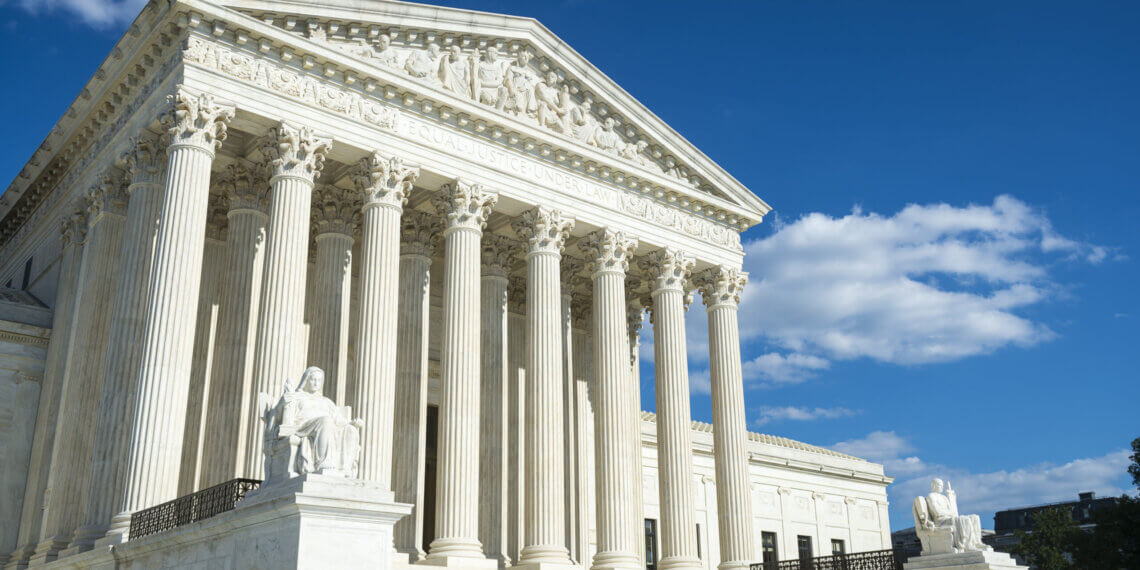The U.S. Supreme Court supported the long-standing fee that finances phone and internet services for underserved areas through a 6–3 decision in favor of the Federal Communications Commission.
The Universal Service Fund remains constitutional according to the Supreme Court because it collects fees from phone bills to support rural services and educational institutions and libraries. The court members showed reluctance to end the program because it has provided essential services to millions of Americans since its establishment in the 1990s.
The FCC obtains funds from telecom providers who subsequently bill their customers for these costs. The conservative advocacy group Consumers’ Research attempted to challenge the structure but the high court supported the program’s legality after the federal appeals court issued a 9–7 decision against it.
During March arguments both liberal and conservative justices recognized the fund as an essential component for nationwide connectivity. The FCC maintains its authority to oversee one of the biggest technology-focused social subsidy programs in the United States through this decision.
The decision maintains financial backing for internet infrastructure development in areas where private investment has been scarce. The program’s termination would have likely slowed down broadband expansion and worsened the existing digital divide according to advocates.










